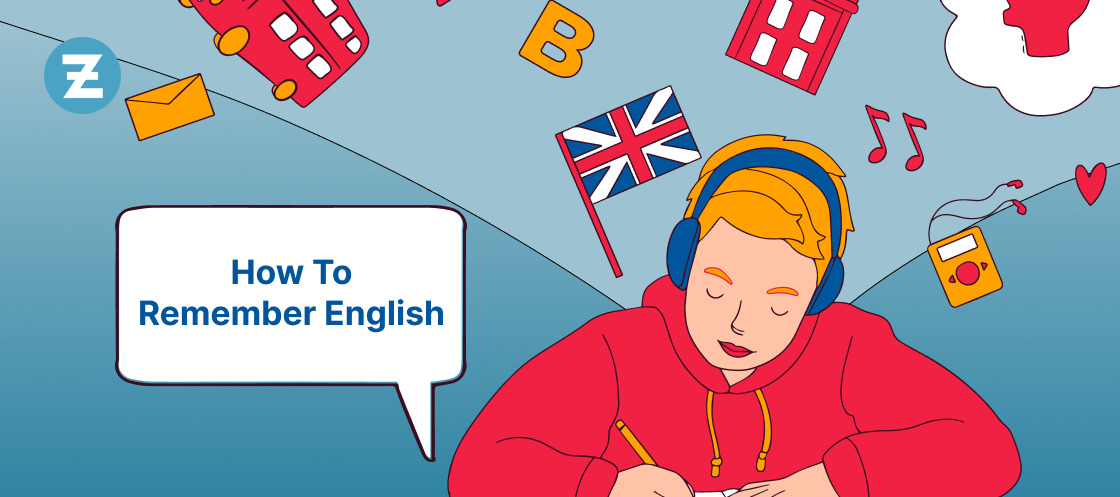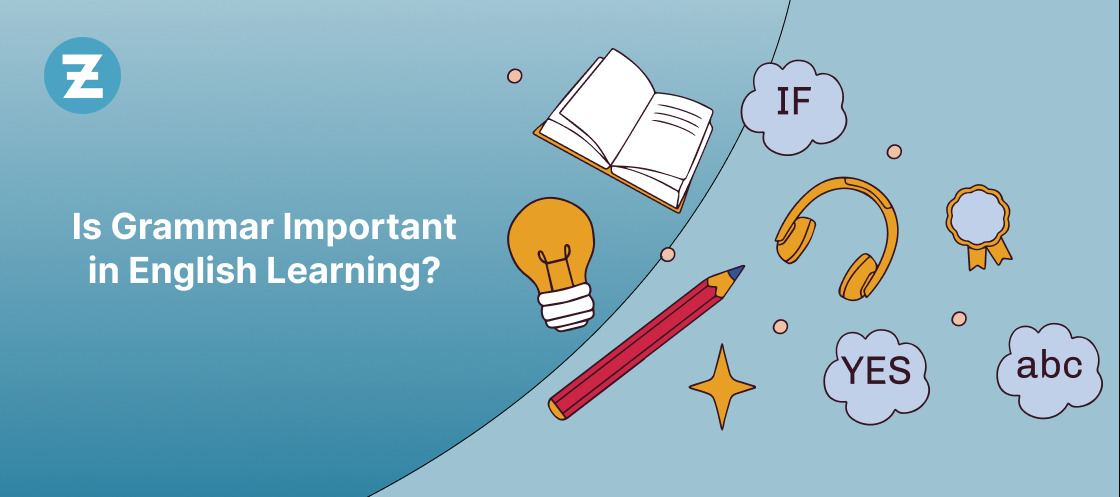We’ve all let it happen at one time or another. We’re talking to someone whose first language is not our own. The conversation is flowing along nicely when the person mispronounces a word, or two, or three. Rather than correcting this non-native speaker, we native speakers let it go. Can you blame us? After all, who wants to come across as a pedant, a nit-picker, a dang English Teacher?!
But consider how the native speaker’s laissez-faire attitude may negatively affect the non-native speaker: they go on thinking they have spoken every word correctly. This confidence might lead to further embarrassment down the line. The more someone pronounces a word a certain way, the more sonically ingrained it becomes. The native speaker has, in effect become an “enabler,” to use a contemporary, if annoying, term. There are three main ways native speakers may inadvertently complicate the problem of language mastery for non-native speakers.
Laziness
The first reason a native speaker doesn’t correct a language learner is the least forgivable: we are lazy. After all, we “got the gist” of what the non-native was saying. That’s because good ole “context clues” – those telling words or phrases that surround the word in question – allow the listener to grasp the meaning of the non-native speaker. Let’s say you are attending a party and a Japanese ELL (English Language Learner) mentions that he is really enjoying the “flesh vegetables” that the host has laid out. Few native speakers would wonder if the hors d’oevres were sourced by Hannibal Lecter. No harm, no foul, Right? If the message has more or less been communicated, why bother correcting someone? Here the best approach may be to repeat the word back to the speaker while slightly emphasizing it: “Yes, the hosts always serve fresh vegetables, not just junk food.”
Inattention
The second reason a native speaker may say nothing when hearing a mispronounced word is simply that he/she simply barely notices. That’s because context clues don’t merely compensate for a mispronunciation; they may disguise it. For instance, let’s say at the same party a Lebanese ELL tells the host that he has never met so many “nice woman” at this party. For many native speakers, our resourceful brains correct the error so swiftly we wonder if we even heard a mistake. If we do catch it, we might recognize that it would be helpful for the non-native speaker to hear the two words in the same sentence. So the host could reply: “Yes, there are many nice women here. But there is one specific woman I want you to meet.”
Politeness
The final reason for failing to correct a mispronunciation comes out of good intentions. Specifically the native speaker simply doesn’t want to embarrass the non-native speaker. And who could blame them? Let’s say a Brazilian ELL (English Language Learner) is chatting to the host and mentions that “my tree kids” keep her busy. The host, a native English speaker, easily understands her guest to mean “three.” So our host smiles and nods at “tree,” when she knows her guest meant to say, “three.” Meanwhile, the Brazilian woman has been set up to continue making the same mistake. The best thing the host could do here is re-state the word correctly in her reply: “Wow, three kids must keep you busy!” That way the non-native speaker learns how to say the word and also doesn’t feel embarrassed.
Language learning is tough enough without native speakers getting in the way. As always, the best approach is to use a little imagination and “correct with respect.” Oh, and try not to sound like an English Teacher.








